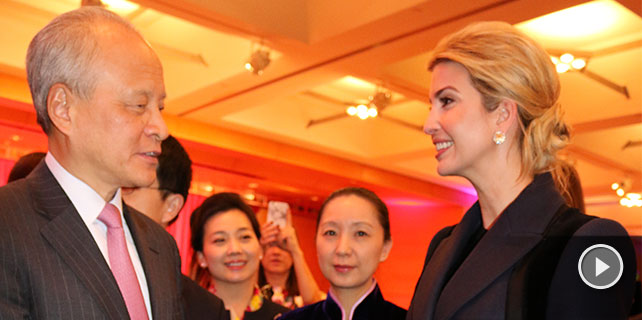Zimbabwe seeks Chinese funding to develop ICT infrastructure
HARARE - The Zimbabwean government has requested funding from the Chinese government to develop information communication technology (ICT) infrastructure in remote parts of the country.
Information Communication and Technology and Courier Services Minister Supa Mandiwanzira said this after meeting Chinese ambassador to Zimbabwe Huang Ping on Thursday.
State-run news agency New Ziana quoted the minister as saying that Zimbabwe would repay the money borrowed from China through revenue collected under the Universal Services Fund (USF).
"The discussion with His Excellency, the Chinese ambassador has therefore been how we can access resources which we guarantee repayment through the inflows to the Universal Service Fund," the minister was quoted as saying by New Ziana.
He said the Zimbabwe government was grateful for the support it had received from China Exim Bank to develop ICT infrastructure in the country.
He added that the government was looking forward to additional support to roll out Internet infrastructure throughout the country.
Licensed telecommunication companies in Zimbabwe contribute 1.5 percent of their gross annual turnover to the USF which is administered by the Postal and Telecommunications Regulatory Authority of Zimbabwe (POTRAZ).
The Fund's purpose is to provide financial resources for expansion of the country's telecommunications networks to reach marginalized communities in rural areas.
"One of the areas China and Zimbabwe need to strengthen is telecommunication. In China we have a saying that if you want to get rich, build the roads first. And I think telecommunications is the road connecting people, not only in this country but to the whole world," the ambassador said.
A few years ago, China Exim Bank gave Zimbabwe's fixed telephone network provider TelOne a $98 million concessionary loan to expand its infrastructure and another 218 million dollars to government-owned mobile phone company NetOne to upgrade its network.
Chinese telecommunications giant Huawei Technologies undertook both projects.
















